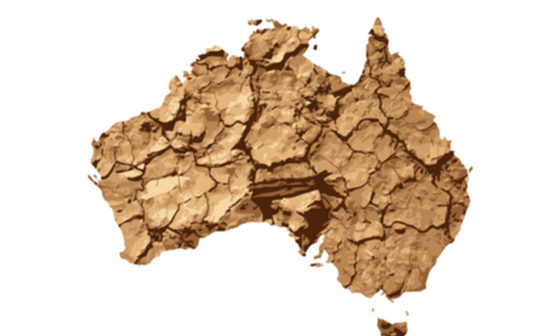
The Prime Minister, Anthony Albanese and the Minister for Climate Change and Energy, Chris Bowen have addressed Australia’s updated Nationally Determined Contribution (NDC) under the Paris Agreement to the Executive Secretary of the United Nations Framework Convention on Climate Change (UNFCCC).
This formalises Australia’s pledge to reduce greenhouse gas emissions by 43 per cent below 2005 levels by 2030, with the aim of placing Australia on track to achieve net zero emissions by 2050.
In a joint media release, the Prime Minister Anthony Albanese and the Assistant Minister for Climate Change and Energy, Senator Jenny McAllister said: “When Parliament resumes, the Government says it will seek to enshrine these targets in legislation, providing the certainty industry and investors have been seeking. The current issues confronting Australian and global energy markets highlights why these policies are so important. We will support the transition to renewable energy by investing in the transmission and storage needed to balance the grid, which will lower energy prices and support economic growth.
Our plan will create more than 604,000 jobs, with five out of six new jobs to be created in the regions, and will spur $76 billion of investment. Australia’s abundant renewable energy resources mean we’re well placed to become a clean energy superpower.”
The Government’s set of policies include:
- $20 billion investment in Australia’s electricity grid to accelerate the decarbonisation of the grid.
- An additional $300 million to deliver community batteries and solar banks across Australia.
- Up to $3 billion investment in the new National Reconstruction Fund to support renewables manufacturing and low emissions technologies.
- Powering the Regions Fund to support the development of new clean energy industries and the decarbonisation priorities of existing industry.
- A further $100 million to train 10,000 New Energy Apprentices in the jobs of the future.
- $10 million New Energy Skills Program to provide additional training pathways.
- The introduction of declining emission baselines for Australia’s major emitters, under the existing Safeguard Mechanism.
- Australia’s first National Electric Vehicle Strategy, to reduce emissions and accelerate the uptake of electric vehicle.
- Double existing investment in electric vehicle charging and establish hydrogen refuelling infrastructure – to $500 million.
- The application of new standardised and internationally-aligned reporting requirements for climate risks and opportunities for large businesses.
- A commitment to reduce the emissions of Commonwealth Government agencies to net zero by 2030.
- Restoring the role of the Climate Change Authority, while keeping decision-making and accountability with Government and introducing new annual Parliamentary reporting by the Minister.
- Bid to host a future Conference of the Parties in Australia with an offer to Pacific partner countries to co-host.
- The Australian Government has also confirmed Australia will not use over‑achievement (otherwise known as carryover) from its 2020 and Kyoto Protocol targets to meet its Paris Agreement targets.
“Updating Australia’s 2030 emissions reduction target is a promise our Government made to the Australian people.
“The new target reflects my Government’s resolve to urgently step up the pace of action, and work alongside global partners and particularly with our Pacific family, to tackle the climate crisis and keep 1.5 degrees within reach.
“When Parliament resumes, we will move quickly to enshrine Australia’s 2030 and 2050 targets in legislation, providing the certainty industry and investors have been seeking.
“Our Powering Australia plan will support the transition to renewable energy, including investing in the transmission and storage needed to balance the grid.
The Minister for Climate Change and Energy added: “The world’s climate emergency is Australia’s jobs opportunity. With the right ambition, action and cooperation, Australia can seize the once-in-a-generation opportunity ahead of us and thrive in a net zero world. The Government will be working in collaboration with states and territories, industry, community groups and the Australian people to drive down emissions while ensuring secure, affordable energy supplies. The current crisis in the east coast energy market, highlights how the nation needs a long-term plan and that it is more important than ever to invest in renewable energy sources, and that’s exactly what our Government will do.”






